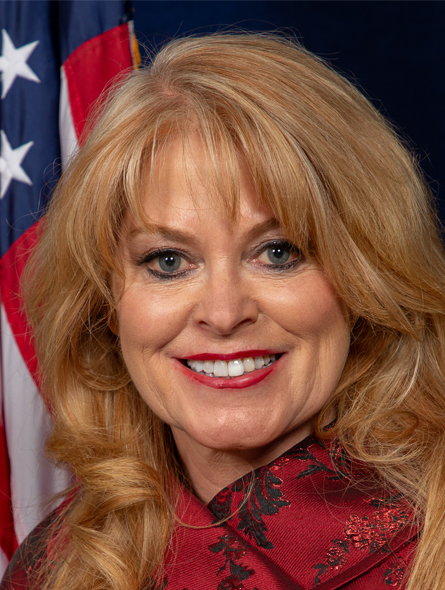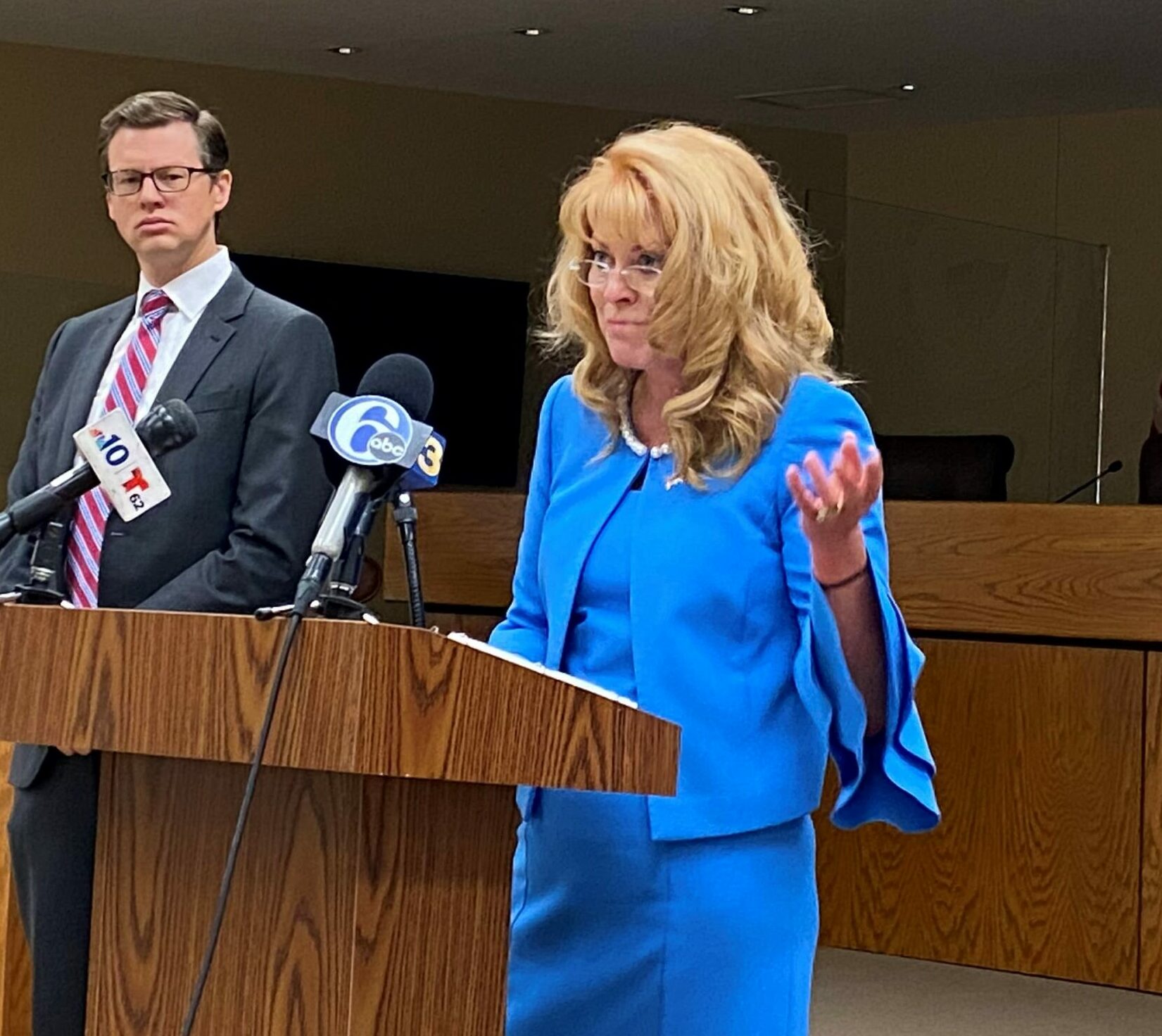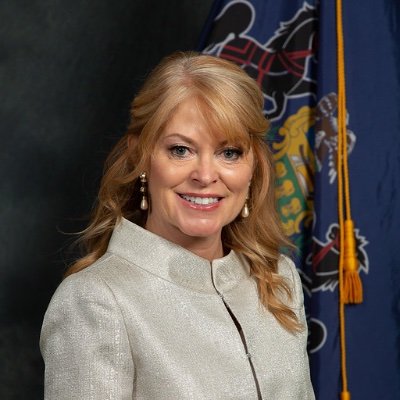Chester County Dumps TikTok, State Senate Committee Approves Ban

The video app TikTok, a favorite of teenagers, continues to be under fire in the Keystone State over its connections to China’s communist regime.
A state Senate committee and Chester County’s government are the latest local entities to take action. Previously, state Treasurer Stacy Garrity ordered it removed from her department’s devices while in Washington, D.C. the Biden administration recently gave federal agencies 30 days to get rid of the app.
On Monday, the Senate Communications and Technology Committee announced legislation to protect the information of Pennsylvania state government, including citizen information, by prohibiting state-owned devices from downloading and using TikTok, committee chair Sen. Tracy Pennycuick (R-Bucks/Montgomery) said.
“We are talking about the potential of foreign governments having access to Americans’ personal information,” Pennycuick said. “We have many state employees who use TikTok. The opening presented to foreign bad actors to exploit this information is huge. By passing this measure, we will have blocked another potential avenue for cyber incursion and improve state government’s cyber defenses.”
Chester County’s director of information recently sent an email to employees instructing them to remove TikTok from their county equipment.
Delaware County has not taken that step.
“Delaware County has not currently taken any specific action regarding use of TikTok on county-owned phones. Internet policies are continuously under review to help ensure the continued security of the county’s networks and devices,” said Adrienne Marofsky, director of communications.
James O’Malley, a Bucks County spokesman, said, “Like countless other users of TikTok, we have watched the emerging revelations around this company with great concern. While the county uses TikTok as a platform to share information with the public, we will continue to monitor developments in the ongoing national discussion.”
Montgomery County officials did not respond when asked about their TikTok policy.
Neither did Pennsylvania’s two U.S. senators, both of whom are TikTok users. Democrats Bob Casey and John Fetterman are among just 32 of the 535 members of Congress who, according to a review by States Newsroom in January are using the app. Fetterman joined TikTok last summer, long after the company’s problematic policies were well known.
Casey and Fetterman have declined to respond to repeated requests for comment about their TikTok accounts.
Garrity has been one of the most aggressive elected officials when it comes to TikTok. “Treasury’s computer network is targeted by scammers and criminals every day,” Garrity said when she announced her agency’s ban. “TikTok presents a clear danger due to its collection of personal data and its close connection to the communist Chinese government. Banning TikTok from Treasury devices and systems is an important step in our never-ending work to ensure the safety of Pennsylvanians’ hard-earned tax dollars and other important, sensitive information entrusted to Treasury.”
A TikTok spokeswoman noted Congress passed the ban on federal devices in December but called it “little more than political theater.”
“The swiftest and most thorough way to address any national security concerns about TikTok is for CFIUS to adopt the proposed agreement that we worked with them on for nearly two years. These plans have been developed under the oversight of our country’s top national security agencies, and we are well underway in implementing them to further secure our platform in the United States,” she said.
Please follow DVJournal on social media: Twitter@DVJournal or Facebook.com/DelawareValleyJournal






